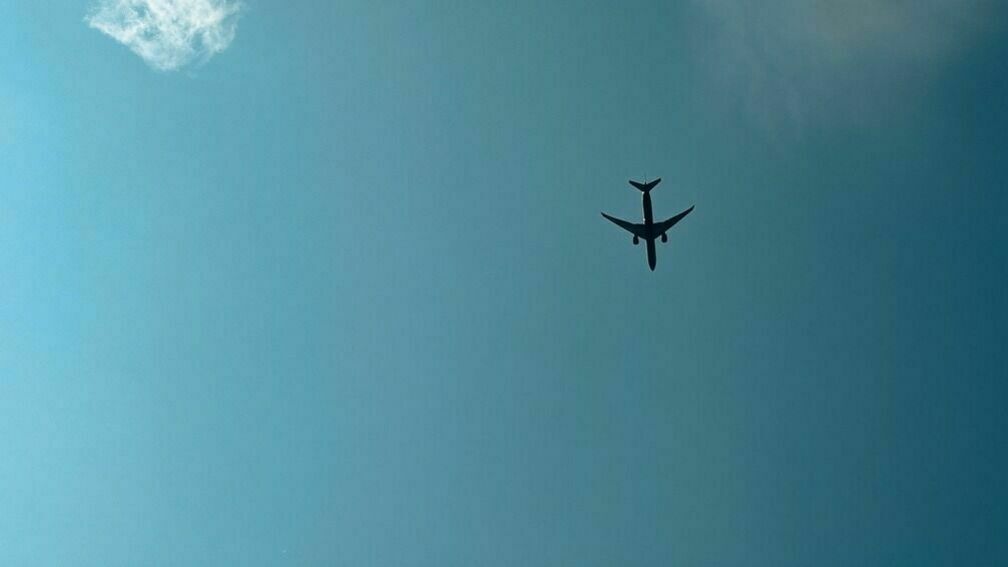Posted 14 апреля 2023, 04:30
Published 14 апреля 2023, 04:30
Modified 14 апреля 2023, 08:15
Updated 14 апреля 2023, 08:15

Airlines urged UEC to take responsibility for French engines for SSJ
According to Kommersant, the Russian developers of the engine for the SSJ liner refuse to be responsible for the French part of this aircraft. In this regard, the Association of Air Transport Operators (AEVT) appealed to the Ministry of Transport with a request to give UEC-Saturn (part of Rostec) the authority to develop the SaM146 engine, which is installed on the SSJ 100. Such a solution is necessary to maintain operational documentation. The head of AEVT sent a letter with a request to the head of the Ministry of Transport in March. At the moment, the Ministry of Transport and AEVT declined to comment.
The SaM146 type certificate is owned by JV PowerJet, registered in France (50% each from UEC-Saturn and Safran Aircraft Engines). The engine is certified in EASA and validated in Russia by the IAC aviation registry. However, in February last year, the French side stopped the supply of spare parts, technical support and repair of engines, as well as obligations as an engine developer.
In June of the same year, UEC-Saturn received a certificate from the Federal Air Transport Agency for the development of modifications of the SaM146 engine. The modification developer is responsible only for minor changes. He has the right to work on updating spare parts catalogs, issuing service bulletins, clarifying repair documentation. This information is delivered directly to the operators. Updating the aircraft maintenance manual is the responsibility of the SSJ 100 developer ("Irkut").
According to the interlocutors in the two airlines, the developer is responsible for extending the resource and serious work with the engine. No one wants to take on this responsibility. Another interlocutor pointed out that the restoration of the hot part of the engine in Russia has not been mastered.
All air carriers will have a question of extending the service life, but not at the same time. The first batches of SSJ aircraft are equipped with engines with a life of 7580 take-off and landing cycles, while newer SaM146 models can go through 8590 such cycles. Representatives of Rostec clarified that Safran, the co-owner of PowerJet, is responsible for the production of the hot part of the engine, including the gas generator, combustion chamber, high-pressure turbine, engine control system, gearbox and engine integration.
The cold part of the engine, including the fan and the low-pressure turbine, is manufactured by ODK-Saturn, which is also engaged in assembly and testing on the stand. Representatives of Rostec noted that at the moment it is necessary to create anew a number of foreign components, but this is already being done by the Russian side. The key issue is not speed, but reliability, they added. The executive director of the company "Aviport" Oleg Panteleyev said that no one will sign up for work that does not have the confirmed authority of the Federal Air Transport Agency.
Last month, Russian aviators sounded the alarm: stocks of spark plugs manufactured by the United States have run out, and it is not possible to order new ones under sanctions. These parts are needed for Russian-French SaM-146 engines installed on domestic airliners. The engine cannot be started if the spark plugs are faulty - everything. There are two of them in each combustion chamber. Russian aviators come to save candles. If earlier they were simply changed to start the engine, now the start is automatically stopped, the engine is cold-scrolled to remove the incoming fuel and a second attempt is made to start using the second spark plug.
Note that candles for French SSJ-100 aircraft engines are not produced in Russia. Other consumables, such as fuel filters, are also not produced. We have to remove the old ones, rinse with solvent, purge and put them back. This method requires more careful control, otherwise the aircraft risks simply stopping working right in flight. At the beginning of the year, it became known that domestic air carriers lost almost 25% of the fleet during 2022, it came to the cannibalization of aircraft. Pilots whose earnings are rapidly falling are leaving. All over the world, Russia is now considered a country that can no longer ensure flight safety.
The authorities, meanwhile, promise that by the end of the year five billion rubles will be allocated for the modernization of aircraft production plants. In total, over 380 billion rubles of budget funds are planned to be allocated to the industry within 15 years.